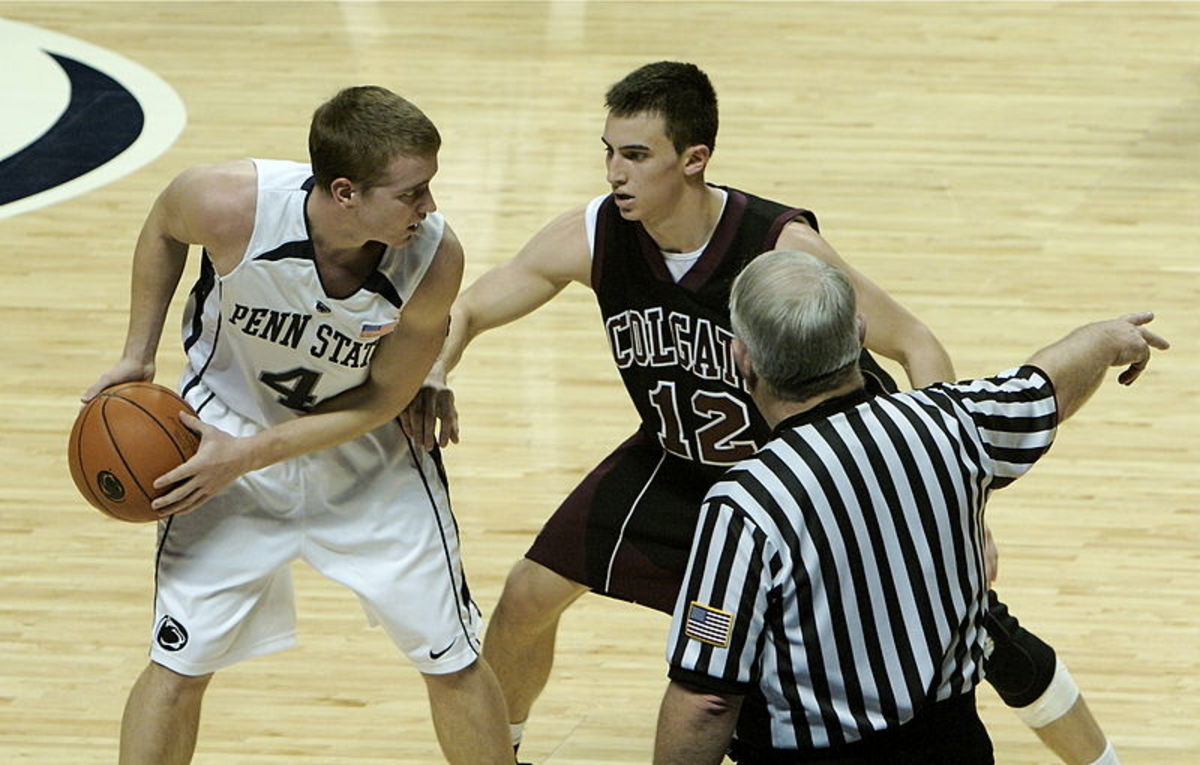10 Steps to playing sports in college
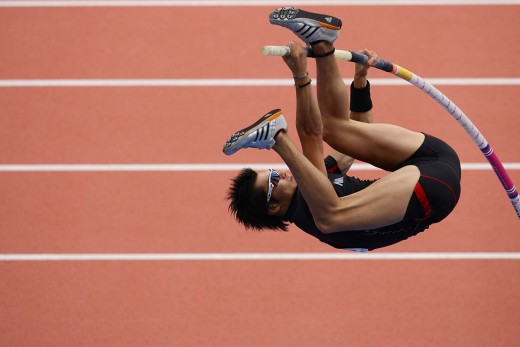
Note: For those exceptional athletes who are athletic scholarship material, this list may not be as applicable. Likely this talented student-athlete will be doing less work to promote themselves because they will be too busy fending off the drooling Universities trying to recruit them. But they also will face a whole other set of regulations and procedures due to the fact that money is involved.
You drove them to the games, the practices, you paid for the summer camps and shoes, your butt hurt as you sat on bleachers in cold ice rinks, or endured ungodly long track meets. And now your high school champ wants to play in college.
The metamorphosis from high school to college athlete can be logistically complex and time consuming. Parents, in my experience are vastly involved in the process, and - let’s face it - sometimes act as the secretary/administrator/chauffeur, so it’s useful for both you and your aspiring student athlete to have an overview of the steps involved.
1) Be clear what Division the athlete is aiming to play in
The aspiring athlete should be clear on what level they have the skill and desire to play at: Division I, II, or III. Division I and II are obviously a higher level of play, and these schools can give athletic scholarships to students. High school students looking to play at this level are required to register with the NCAA (National Collegiate Athletic Association) Eligibility Center to receive academic and amateurism certification. This should be done in the student’s junior year of high school.
No matter the division, playing a Varsity sport at the collegiate level is going to be a big time commitment, but Division I will be more of a year-round commitment to the sport with mandatory off-season training and practices. (Off season actual ‘practices’ are limited in number though by the NCAA).

2) Timeline
Get your timeline down: if the student plays a winter or spring sport, you definitely want to start the whole process in the high school student’s junior year. This is because interested coaches may want the chance to see the student play live. Senior year could be too late. If playing a fall sport, the high school student has more wiggle room and can wait to start the process later, say the spring or even summer before senior year of high school. The NCAA also highly controls the amount of time and when college coaches can contact high school students (again, this will probably only be a real problem for those students eligible for athletic scholarships).
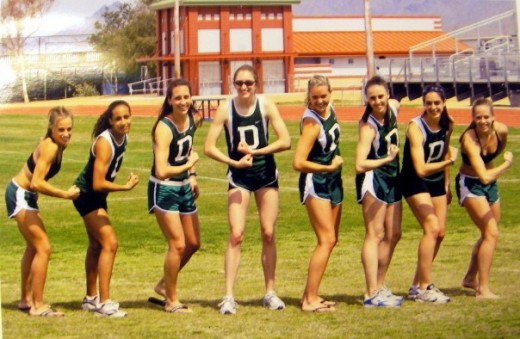
3) Make a DVD showcasing the athlete's talent
Start the DVD with the athlete introducing himself. Be funny or friendly - the coaches want to know this is a person they'll enjoy working with for four years.
Include clips of the athlete playing in a game, including some longer segments so the coach sees how the player reacts in the heat of the game, but also a highlight reel of some sweet triumphant moments.
You can also show the athlete performing specific skills in practice, such as free throws or serving.
Putting pump-up music in the background is encouraged. (Eye of the Tiger is probably overdone, but that’s the idea.)
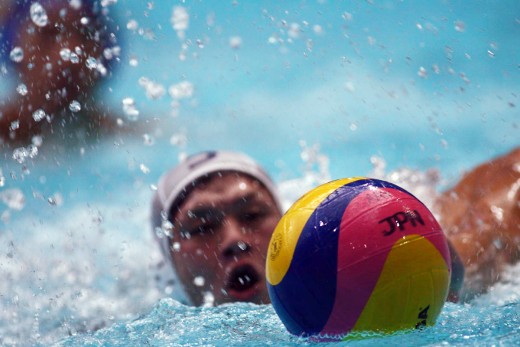
4) Make a short resume to pair with the DVD
List things that are relevant to the sport, such as height, weight, vertical jump, position played, any records broken, number of games won/played. Include photos!
Also note GPA and SAT/ACT scores. The coaches will want to know that the athlete is in good enough standing to get accepted into the school (though sports do help students get into “reach” schools. Okay, and sometimes “reeeeeaaaaach” schools).
5) Send it out!
Make copies of the resume and DVD and send them out to any schools the student might be interested in!
6) Follow up
Follow up with the coaches. If planning to visit the school, ask if they would be interested in meeting in person.
7) What to expect from the coaches
Interested coaches will do several things:
- They will call (maybe several times) and chat the athlete up. Again, the NCAA has specific rules about how much contact a coach can have with a prospective player.
- The coach will invite the athlete to visit the university. This could be an “official visit”, in which the student’s transport to the university, their meals, and tickets to any home games are paid for by the school. Or it could be an “unofficial visit”, in which only the tickets to games are sponsored. The prospective player - or “prospie” as they are fondly called - will likely be hosted by a current player so the prospie can get a feel for the team and ask questions student to student.
- The coach will encourage the player to apply to the school Early Decision. Early Decision applications happen in December, and the student is committed to the school if accepted. Coaches like this option because it allows them to get their roster set early (January rather than May when other college acceptance decisions happen).
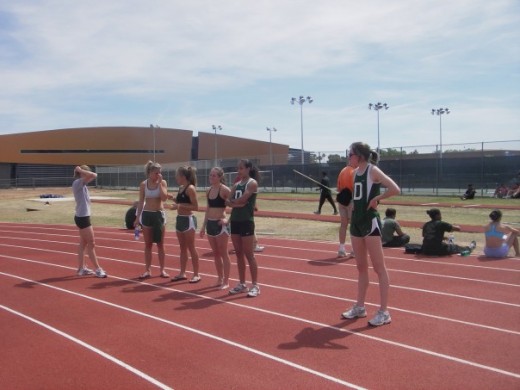
8) Things to think about
It is then in the student's court! Some things to think about:
- What schools did the student like best?
- Amongst those schools what coach could the student most see herself/himself playing with for 4 years?
- Is it more important to the athlete to play a lot, or to play for a very good team?
9) Choosing the top schools
Once the student has decided, she can let the coach know her interest. The coach should definitely be aware if they are the student’s first choice, because in this case the coach can indicate to Admissions the importance of this student to the future of the team. Admissions will, you can be sure, take this into account when reviewing a student’s application. How much weight is given to the coach’s vote depends on the school, Division, and what sport it is (football for example will have more weight than the figure skating team).
10) It's not the world!
Don’t forget to have fun! The experience of being on a team and playing for a coach he/she likes will be what the athlete remembers long after graduation. (And remember, there are always intramurals and Club sports which are super fun.)


